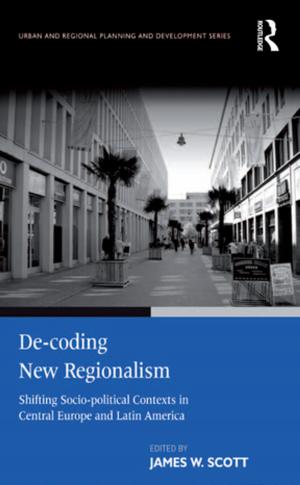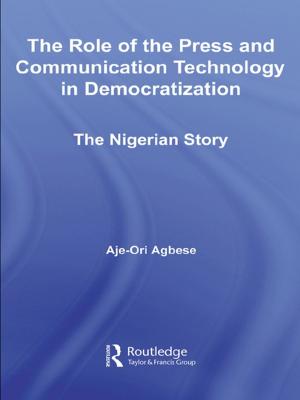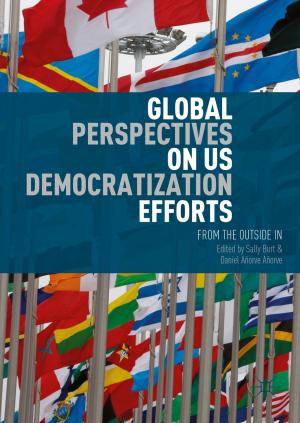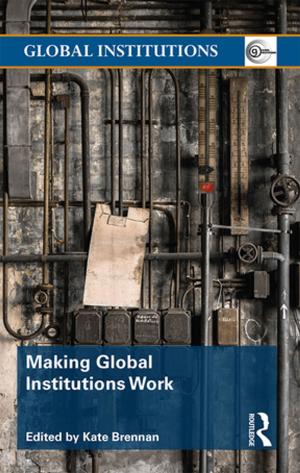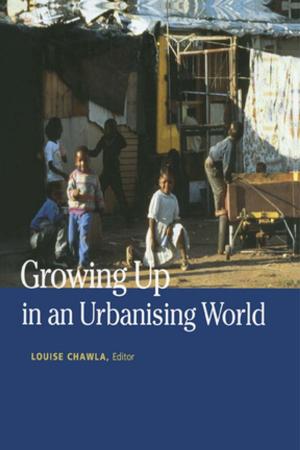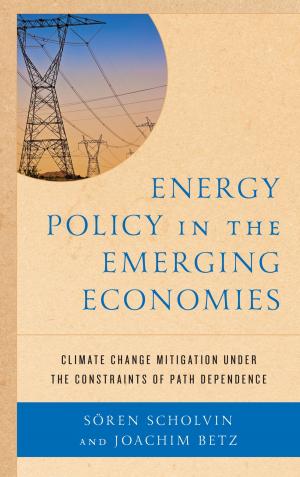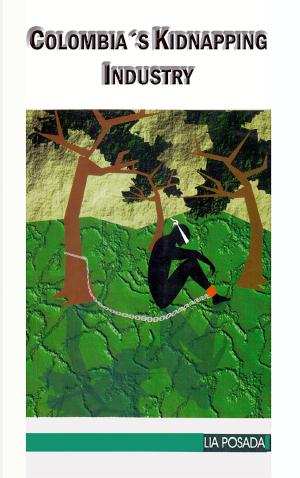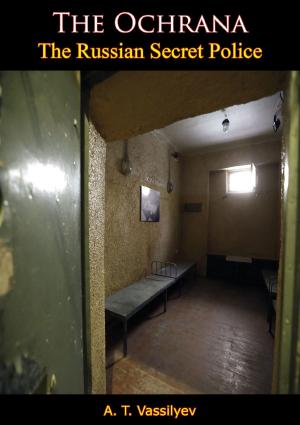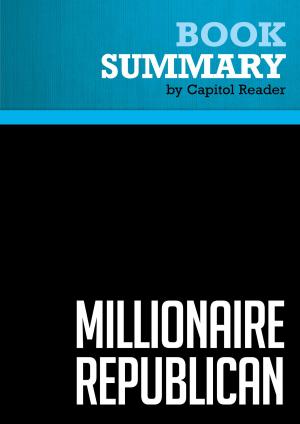Students’ Awareness of Climate Change and Awareness Raising Strategies for Junior Colleges in the Emerging Megacity of Hyderabad
Nonfiction, Social & Cultural Studies, Political Science| Author: | Bhaskar Poldas, Angela Jain | ISBN: | 9783867418478 |
| Publisher: | Europäischer Hochschulverlag | Publication: | January 11, 2013 |
| Imprint: | Language: | English |
| Author: | Bhaskar Poldas, Angela Jain |
| ISBN: | 9783867418478 |
| Publisher: | Europäischer Hochschulverlag |
| Publication: | January 11, 2013 |
| Imprint: | |
| Language: | English |
The paper presents the results of a survey (2009-2011) which aimed at the analysis of the awareness level of junior college students regarding climate change (CC) and its consequences. Based on interviews conducted in the emerging megacity Hyderabad, India and on an institutional analysis of the education sector, teaching modules for junior colleges were be developed to augment knowledge on climate change in future generations. The topic is linked with the research work of the megacity project “Sustainable Hyderabad” (www.sustainable-hyderabad.in) where climate change impacts are being analysed and mitigation and adaptation measures are being developed. The work presented explores communication strategies which target climate friendly and energy efficient lifestyles and consumption patterns. Furthermore it intends to integrate local knowledge and needs of affected groups in the development of communication and participation strategies to make them efficient and to activate the civil society to take self-initiative.
The paper presents the results of a survey (2009-2011) which aimed at the analysis of the awareness level of junior college students regarding climate change (CC) and its consequences. Based on interviews conducted in the emerging megacity Hyderabad, India and on an institutional analysis of the education sector, teaching modules for junior colleges were be developed to augment knowledge on climate change in future generations. The topic is linked with the research work of the megacity project “Sustainable Hyderabad” (www.sustainable-hyderabad.in) where climate change impacts are being analysed and mitigation and adaptation measures are being developed. The work presented explores communication strategies which target climate friendly and energy efficient lifestyles and consumption patterns. Furthermore it intends to integrate local knowledge and needs of affected groups in the development of communication and participation strategies to make them efficient and to activate the civil society to take self-initiative.


